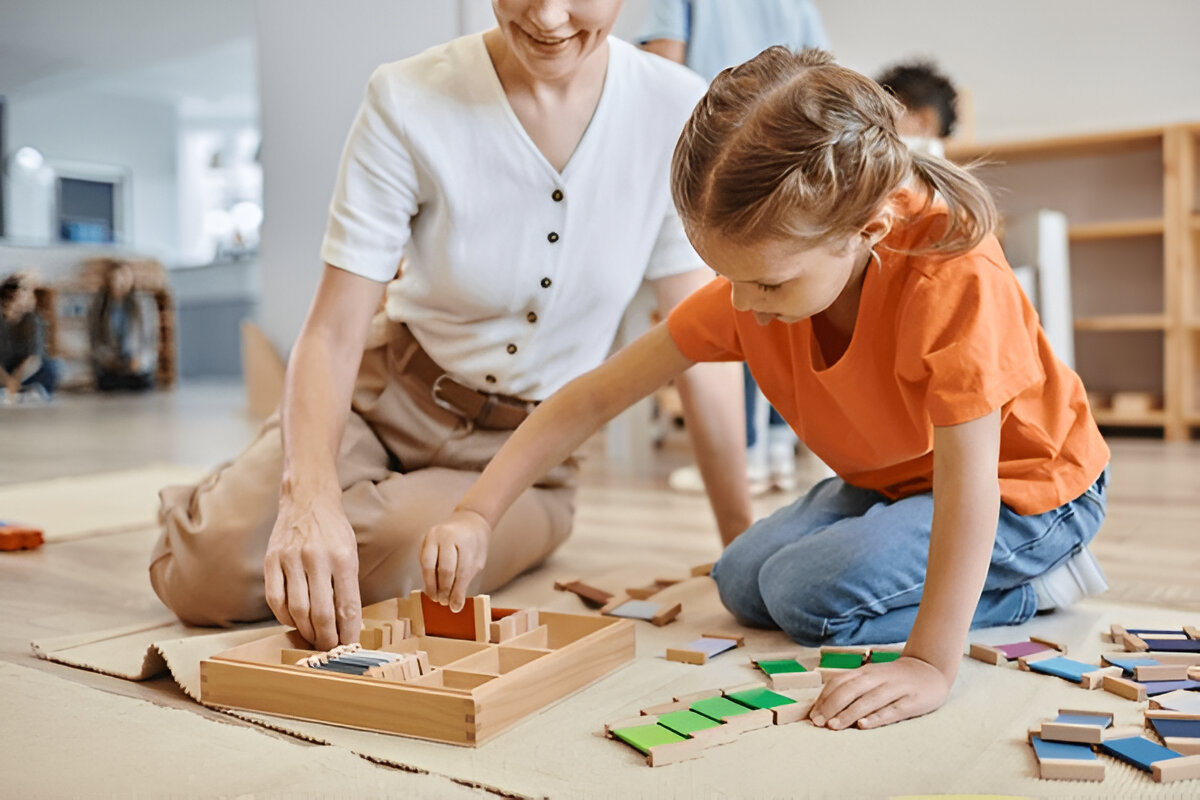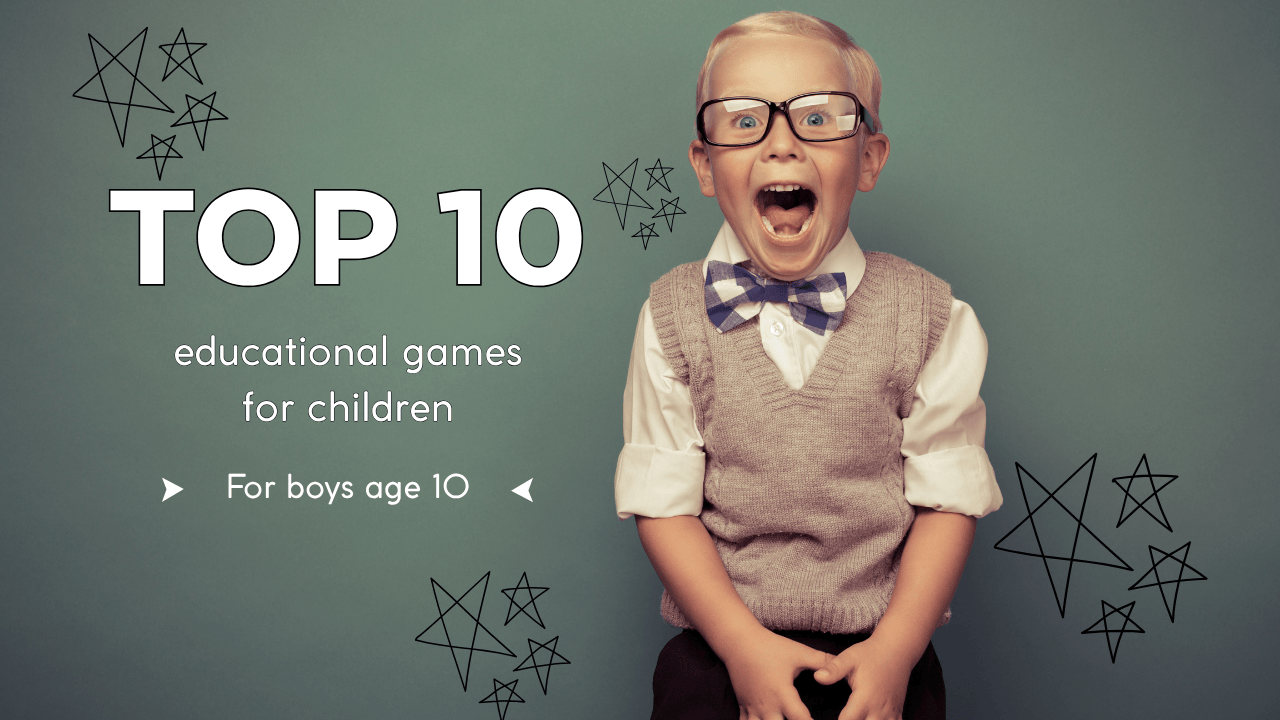We parents desire our children to learn and develop in the most ideal manner. Though most believe that learning takes place only through lessons and books, young kids learn by doing. That is where play-based learning comes into the picture.
Play-based learning is when kids learn through doing enjoyable activities such as building, storytelling, role play, games, and so much more. It can seem like basic playtime, but it’s actually teaching your child important skills without them even knowing.
In this blog, we will be discussing the top five advantages of play-based learning for children and how it benefits their brain, body, and emotions.
It Develops Powerful Thinking Skills
When kids play, they are solving problems every moment of it. Whether building a block tower, determining the outcome of a made-up story, or mastering a simple game, their mind is engaging at all times.
During play, there is no right answer. Children make decisions, experiment with alternatives, and recover from errors. These small moments of thinking aid them in becoming expert problem-solvers.
For instance, when a kid attempts to construct a bridge using toy blocks and it collapses, they begin thinking – do I put more blocks underneath? Do I make it broad? That thinking is actual learning.
So although it seems like play, your child is actually learning how to think independently and smart.
It Enhances Communication and Language
Play is an excellent means of developing language. While playing, children speak, listen, and comprehend new vocabulary. They inquire, narrate, and describe their actions. Everything enhances their communication.
Through pretend play, for instance, when a child acts as a teacher, doctor, or parent, they develop expressing ideas, delivering instructions, and maintaining short dialogues.
Even just playing with a parent or a friend teaches children how to turn talk over, how to listen, and how to ask or respond to questions.
This is far better than just learning new words by heart. It makes your child apply language in everyday situations.
It Helps Emotional Development
Sometimes children cannot put their feelings into words. Play provides them with a safe means of demonstrating how they feel. If they are feeling happy, they laugh and run around. If they are sad, they may play quietly or engage in a fantasy involving someone who is sad.
Play assists children in making sense of their emotions and learning how to manage them.
Also, while playing with others, children learn to wait, share toys, and be nice when a person is sad. These are large emotional growth lessons.
Regular play with others will make a child better understand friendship, collaboration, and kindness. All this makes your child balanced and emotionally strong.
It Supports Physical Growth
Much of play activity is that of moving the body. Running, jumping, climbing, or even putting small fingers into slots for fitting a puzzle together – all of these contribute to physical development.
Gross motor skills such as walking, running, and jumping become better when your child plays games outside. Fine motor skills such as holding a crayon, turning pages, or constructing with blocks become better with indoor playing.
Play-based learning is an excellent means of maintaining children active and fit. It develops strength, balance, and hand-eye coordination. And because play is a delight, kids remain active without being coerced.
Occasional play also enhances sleep and appetite, both critical components of a child’s healthy regimen.
It Develops Creativity and Imagination
One of the greatest advantages of learning through play is the way it expands your child’s imagination. Kids can make a cardboard box into a spaceship or magic wands out of spoons. They can make up stories, new worlds, and absurd characters all by themselves.
Creative thinking makes your child more open-minded and willing to experiment. It also prepares them for coping with various situations in life with confidence.
Even something as basic as drawing, storytelling, or role play allows your child to test their ideas. This aids the development of creativity, which is not only useful for school, but also useful for everyday life.
When your child makes something through play, they are proud. This develops self-confidence and teaches them that their ideas count.
Final Thoughts
Play-based learning can appear to be mere play, but it is full of deep learning. Play helps your child think and talk better, become stronger, and feel confident. Children learn in a natural and enjoyable manner through play – which is the best way to learn at a young age.
As a parent, you can facilitate play-based learning by providing the child with time, space, and the right equipment to play. You do not necessarily need expensive toys or classes. Just ordinary activities such as building, storytelling, role playing, or games outdoors are sufficient.
At Kinzy, we understand the potential that lies in playful learning. Our app provides your child a space where they can build their own stories, hear voices they adore, and play easy, educational games that expand their mind – all in a manner that feels like play, not stress.
And so while your child learns and plays, you can relax knowing that they are developing each day.
Try out our App today:
App Store: https://apps.apple.com/in/app/kinzy/id6743426150
Play Store: https://play.google.com/store/apps/details?id=club.kinzy.app&hl=en_IN ↩︎





This article was very insightful, thanks for sharing